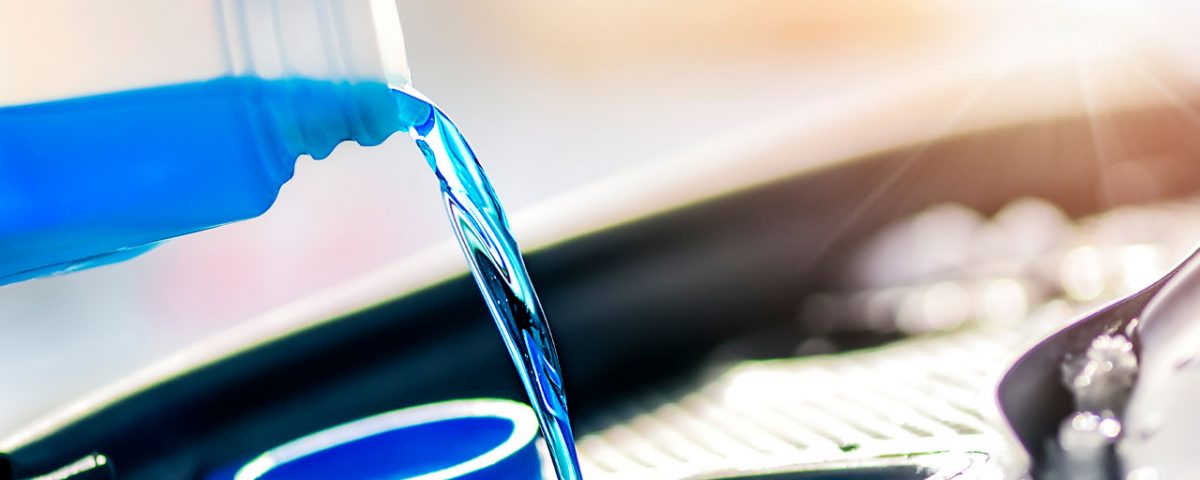Engine coolant, or antifreeze, is a colored liquid that’s mixed with water.
It’s commonly used to help regulate car engines in extreme temperatures and to prevent corrosion. As the temperature outside swings from hot to cold, the coolant is pumped throughout the engine block to maintain an even temperature, ensuring that your car doesn’t give out on you. Lately, however, antifreeze ingestion has become a common practice among people with alcohol use disorders. But why do alcoholics drink antifreeze?
What Happens When You Drink Antifreeze?
So now that we know what it does to your car, what does drinking antifreeze do to you? Well, let’s go through its ingredients. Antifreeze is made of different chemicals, such as ethylene glycol, methanol, and propylene glycol. Although these substances are nontoxic on their own, antifreeze becomes toxic to people and animals because of the way these chemicals are metabolized in the body.
Once you drink antifreeze, ethylene glycol, methanol, and propylene glycol are rapidly metabolized into highly toxic alcoholic byproducts. For instance, ethylene glycol is a water-soluble compound that’s in many household and car products.
It’s clear, odorless, and sweet-tasting, but it can irritate the eyes, skin, and airways upon contact. If a person ingests ethylene glycol regularly, it can lead to complications like kidney failure, permanent nerve damage, and in extreme cases, death.
Methanol is a type of wood alcohol that’s used in paint, varnish, and cleaners. Like ethylene glycol, methanol becomes highly toxic when ingested. Specifically, when it’s metabolized, toxic levels of formic acid accumulate in your body, and within a few hours, you may begin to feel drowsy, unsteady, and disinhibited.
Another ingredient, propylene glycol, is also nontoxic when it’s used properly. In fact, the Food and Drug Administration (FDA) has even approved of small quantities in foods like frostings and frozen dairy products. But in the case of drinking antifreeze, at toxic levels, propylene glycol can cause seizures and severe neurological symptoms.
Side Effects of Antifreeze in People
To sum it up, the immediate or short-term effects of drinking antifreeze include:
- Irregular heartbeat
- Shallow or slow breathing
- Changes in blood pressure
- Dehydration
- Dizziness
- Fatigue
- Impaired judgment or inhibition
- Confusion
- Disorientation
- Lack of balance and coordination
- Seizures
Death by antifreeze poisoning can also occur, which is when someone drinks too much antifreeze. However, these symptoms aren’t immediately obvious and are often confused for symptoms of alcohol intoxication or drunkenness. If you notice that someone is showing symptoms of antifreeze poisoning like slurred speech, seizures, or loss of consciousness, call 9-1-1 immediately.
Why Alcoholics Drink Antifreeze
So, why do alcoholics drink antifreeze if it’s so dangerous? Drinking antifreeze is common among alcoholics – especially among the homeless population – because it’s a cheaper and more abundant alternative to more expensive alcoholic drinks.
Many homeless people or people with low incomes drink antifreeze because they don’t have the means to purchase beer or other alcoholic products. Antifreeze can be found in any automotive aisle of a grocery store, such as Walmart or Target.
While the immediate effects of antifreeze may mimic those of an alcohol “buzz,” over time, this chemical destroys the kidneys and produces nerve damage, among other repercussions. In the end, most people or alcoholics who drink antifreeze to experience a buzz end up in the emergency room with irreversible kidney, heart, and nerve damage.
If you or someone you know has developed an alcohol addiction, don’t wait to get help. Many people who are addicted to drugs and alcohol will go to great lengths to get high or buzzed, including ingesting antifreeze. Don’t let it get to this point. Reach out to Banyan Treatment Centers Pompano at any time to learn about our alcohol treatment and other programs.
Will Alcohol Cure Antifreeze Poisoning?
Alcohol can be used as an antidote for antifreeze poisoning. Pharmaceutical antidotes, like fomepizole and hemodialysis, are preferred by doctors. Additionally, the alcohol used to treat antifreeze poisoning is administered intravenously or with a needle. Attempting to drink alcohol to cure antifreeze poisoning at home can become dangerous because it’s not being measured or administered as it would be by medical professionals, which can lead to more harm than good.
Usually, the most popular cure or antidote for antifreeze poisoning is fomepizole, which is an alcohol dehydrogenase inhibitor. Specifically, it’s easy to measure, and it doesn’t cause central nervous system depression or low blood sugar (hypoglycemia) like alcohol can.
Takeaway
People with drug or alcohol addictions are often willing to do extreme things to fulfill their urges or cravings. Some of these things may be as extreme as inhaling cleaning chemicals or drinking antifreeze. Others may turn to even harder drugs, a trend that’s common in people who are addicted to prescription opioids and eventually begin using heroin.
Don’t ever underestimate the severity of alcohol abuse. Alcohol’s effects on your skin, liver, muscles, joints, and other areas of the body can leave you with permanent damhttps://www.banyantreatmentcenter.com/2019/11/22/what-alcohol-does-to-your-skin-heartland/age.
If you or someone you care about is showing signs of addiction, our Pompano Beach, Florida drug rehab can help. Not only do we offer outpatient and PHP treatment, but we also offer individual and group therapy for drug addiction to address the mental aspect of their substance use disorders.
Call our Pompano drug rehab today at 888-280-4763 to learn more about our addiction treatment services and how you can get started on your recovery journey.
Related Readings:









